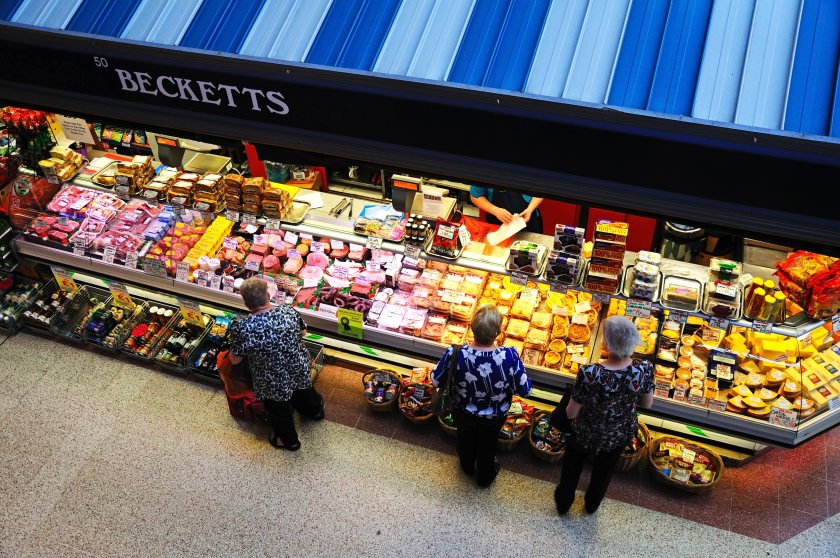
A new poll has found that the majority of people want clearer labelling on meat and dairy products to show the conditions the animals were raised in.
The UK-wide poll, commissioned by the charity Compassion in World Farming, found that just 6% of people were opposed to such a move.
It asked more than 2,000 UK participants: “Do you support or oppose the introduction of mandatory labelling on pack to show the farming method used to produce meat and dairy sold in shops?”
Two-thirds (66%) replied saying they supported mandatory method of production (MOP) labelling, as it is known in the food industry.
There are currently no laws in place that require labelling to show how livestock for meat and dairy are reared, but there are for eggs.
The introduction of mandatory method of production labelling for eggs has led to a move away from cage to higher welfare eggs, with cage-free production in the UK increasing from 32% in 2004 to 79% in 2023.
But Compassion in World Farming said consumers "remain in the dark" as to how livestock producing meat and dairy were reared.
Susie Aliband, the charity's senior campaigns manager, said: “The majority of British people want clear labelling on meat and dairy products to show them how the animals were reared.
“We now urge Defra to act on these polling figures and publish the long-awaited consultation results. It is essential that consumers are given greater clarity on how the meat they purchase is produced.
“Honest labelling would also help to ensure that lower welfare imported goods don’t undercut Britain’s higher welfare farmers."
In March, Defra launched a consultation which proposed a mandatory method of production label for both imported and domestically produced pork, chicken and eggs.
The proposal would consist of five tiers that would differentiate between products that fall below, meet and exceed relevant baseline UK animal welfare regulations.
The government’s response to the consultation is yet to be published, but the pig sector warned the plans would add cost and complexity while failing to deliver transparency.
